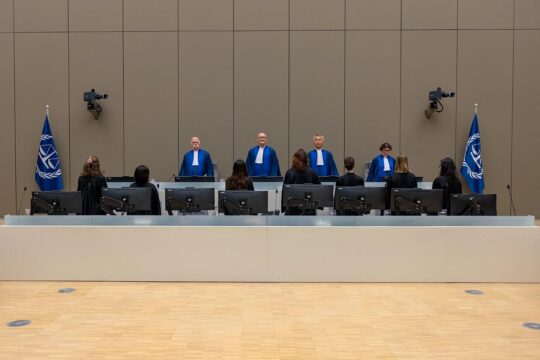US-backed Kurdish authorities in Syria Thursday denied claims by Amnesty International which accused them of torturing suspected jihadists and their dependents detained in the country's northeast.
Camps and prisons run by Kurdish authorities still hold more than 56,000 detainees with alleged or perceived links to the Islamic State group, five years after the jihadists were ousted from their last territory in Syria.
They include jihadist suspects locked up in prisons, as well as the wives and children of IS fighters who are held in the Al-Hol and Roj internment camps.
Amnesty secretary general Agnes Callamard said in an April report that Kurdish authorities "have committed the war crimes of torture and cruel treatment, and likely committed the war crime of murder".
The Kurdish semi-autonomous administration in northeastern Syria flatly rejected that.
"With regards to allegations of systematic torture and killing, the Autonomous Administration respects its obligations to prevent the violation of its laws, which prohibit such illegal acts, and adheres to international law," it said in a statement.
Any such crimes that may have been perpetrated are "individual acts", it said, asking Amnesty to provide it with any evidence of wrongdoing by its security forces and affiliates "to hold perpetrators to account".
"We are open to cooperating with Amnesty International regarding its proposed recommendations, which require concerted regional and international efforts," it added.
The vast majority of residents at Al-Hol and Roj are women and children living in dire conditions.
Al-Hol is the largest internment camp in northeastern Syria, with more than 43,000 detainees from 47 countries, many of them family members of IS fighters.
The Kurdish authorities said they have "repeatedly called on the international community to fulfil their responsibilities" and help them "meet the needs in camps and detention facilities, which require huge financial resources that the Autonomous Administration does not have".


